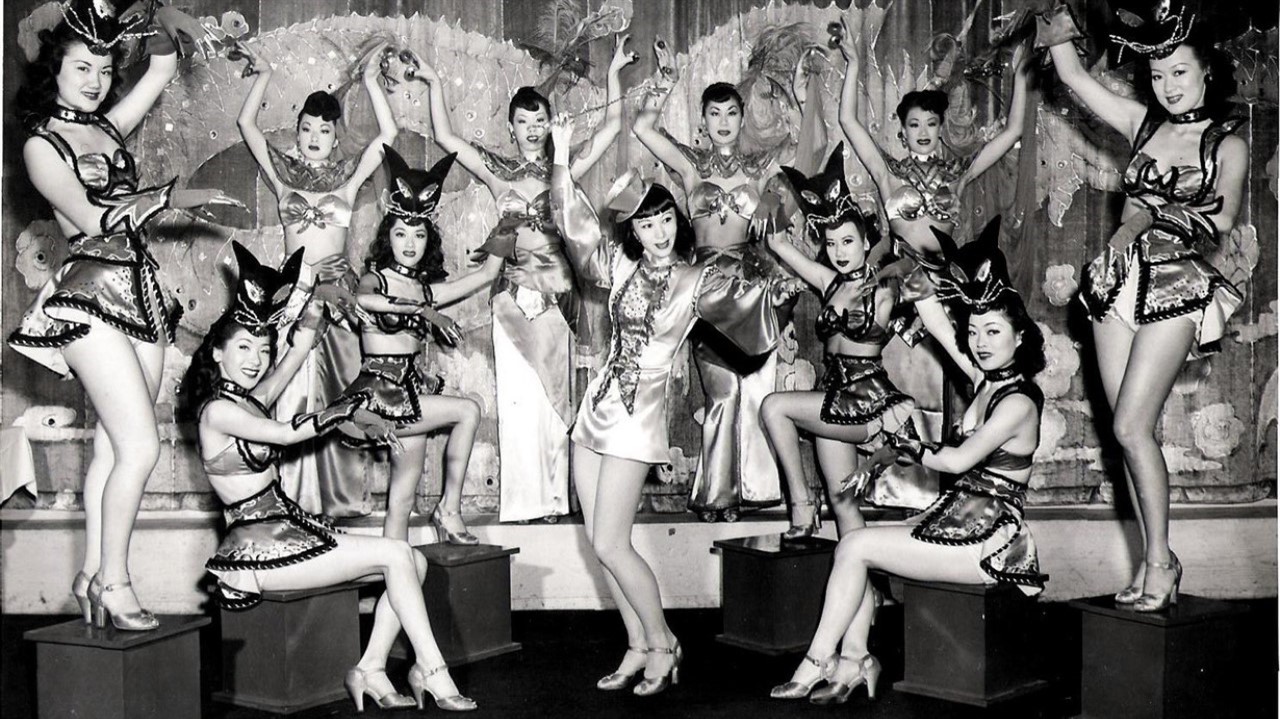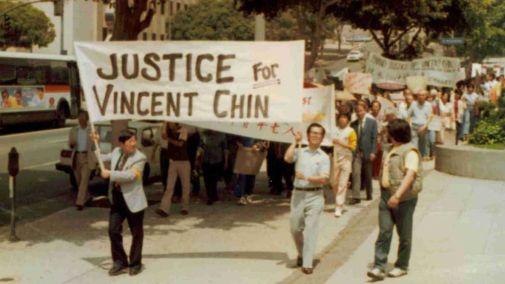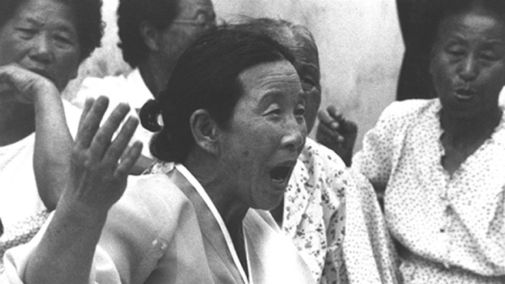HotDocs Corner: The Films of Christine Choy
 Wednesday, May 3, 2023 at 6:00PM
Wednesday, May 3, 2023 at 6:00PM We are looking at some of the movies playing Canada's beloved HotDocs festival. This week we're taking a trip through the films of Christine Choy who is the recipient of the 2023 HotDocs Outstanding Achievement Award and is screening a series of her films.

Despite all of the increased attention that has been paid to documentaries over the last decade (and believe it has been a marked improvement!), it can still be frustratingly hard to see recognition for works made before that shift took place. Particularly so when you consider pre-digital and even pre-video era, where widespread praise tends to fall around a certain canon of titles.
As ever, who gets that build the canon does so by means of access and identification. For example, it’s hardly surprising that the films of HotDocs’ Outstanding Achievement Award winner for 2023, Christine Chow, aren’t as widely known or critically recognised when they have remained so hard to find. Even her Academy Award nominee, Who Killed Vincent Chin? from 1988, has been difficult to see for decades—and it’s not the only such title by Choy or otherwise. It’s hard to imagine these works, marked with the telltale signs of a medium that still didn’t quite have the budgets or the avenues to do so, making headway into the popular zeitgeist. Unless, as was often the case with docs that became big hits, names attached were the likes of Madonna, Michael Moore or Martin Scorsese or from pioneers of the form like Wiseman or Maysles.
But now that they are making their way back through the festival scene and on digital platforms like Vimeo and Criterion Channel (no Netflix yet!), it’s about time to address them.
Her stories focus almost exclusively on the stories of Asian Americans, with her most prominent and successful works coming from the pre-digital era of non-fiction. The four films of hers that I was able to see as a part of HotDocs’ retrospective are all very fine examples of pre-turn of the century traditional documentary. These types of films, if made today, would often get labelled as old-fashioned and/or academic, with their reliance on talking heads, narration and traditional use of form. I see no problem with any of this. Talking heads are, after all, as much a part of documentary filmmaking as, oh I don’t know, establishing shots or dolly shots. Not every film can be as experimental with the form.

Her most famous is quite appropriately the film that garnered her an Academy Award nomination. Co-directed by Renée Tajima, it’s also the one film that has found its way into festival programs lately thanks to a restoration by Academy Film Archive and The Film Foundation. Who Killed Vincent Chen? is about a story that I knew very little about—the murder of a Chinese-American man in Detroit by two white men who claimed that he and others like him were stealing their jobs in the manufacturing city’s automobile factories. One could obviously glean much from the title, but the most interesting surprise is that the title doesn’t refer so much to a mystery, but to emphasize the injustice of nobody serving a minute of jailtime despite admitting to beating a man to death with a baseball bat. Who killed Vincent Chen? If not them, then who?
The film rightly has a place in history as a vitally important record of a terrible hate crime (one of sadly many) and as an American film directed by two Asian women (the first, surely). It’s also sadly relevant to this day, with people like Kyle Rittenhouse parading down the street and executing black people and being found not guilty. The film highlights how hard it is for people of colour to get justice no matter how clear-cut it would appear.
Over a decade earlier in 1976, Choy’s second film was the mid-length From Spikes to Spindles. It is my favourite of the HotDocs collection. Despite the era in which it was made, Choy and her cinematographer Larry Bullard (in his only screen credit; although IMDb also claims Tsui Hark of all people!) find some beautiful tableaus within their exploration of cultural awareness in New York City’s Chinatown. A simple image like an older man sitting under a willow tree or a young girl who talks to Choy off camera in front a vivid aquamarine-painted wall make for surprising talking head choices. A wide-shot of a New York garment factory sits next to a close-up of a Chinese woman whose attentive face fills the frame as she listens attentively at a union meeting. A young girl named Pearl struts down a Chinatown street in fashionable overalls that contrast against the outfits of women behind her as they shop at grocers is another among a long list of small moments that to many may go overlooked, but which fill that brief but informative film with pockets of style. Her camera capturing moments of protest every bit at visceral as Barbara Kopple.
In Home Apart: Korea, Choy returns to Korea where she grew up as an immigrant. Of all of Choy’s films that I watched, this was the one that felt the most surprising is not talked about more. In exploring the divide between north and south Korea—including visiting both—Choy and co-director J.T. Takagi land upon some very emotional moments of division and reconciliation that have such power and potency. Shot at a time when South Korea was yet to become the futuristic image that it is today, it highlights the delicate nature of democracy and the human toll that it can take. I was very impressed.

The weakest of the four is probably Long Story Short, although that’s more a symptom of the changing realities of shooting low budget documentaries more than anything to do with the story. Whereas even the simplest of documentaries may have had the warmth of 16mm, here the early digital aesthetic that is employed distracts from the lovely material, with less formal rigour. Additionally, Choy and editor Douglas Cheek never quite land on a cohesive narrative, skipping between career retrospective, filmed stage performance, and history lesson of Asian imagery in American art.
Still, at its centre are the Long family whose career as vaudeville entertainers who found modest fame on television variety shows and as the cast of Flower Drum Song. As told through the eye of daughter, future Daytime Emmy winner Jodi Long, it works as a heartwarming rendering of a particular slice of Asian American history. Punctuated by wonderful archival footage and photography, I wish this had perhaps been longer and used the Longs as a gateway into something deeper and more comprehensive.
All four films are currently screening at HotDocs.
 Asian cinema,
Asian cinema,  Christine Choy,
Christine Choy,  Doc Corner,
Doc Corner,  documentaries
documentaries 

